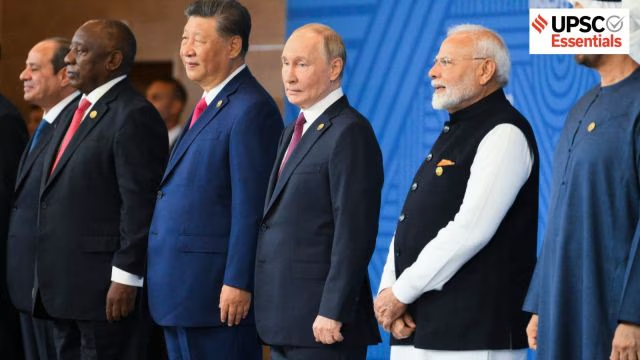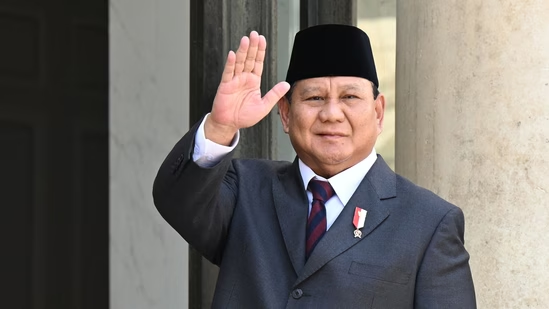BRICS bloc endorses India’s stance on EU’s carbon tax; pushes for local currency settlements

Following India’s condemnation of the European Union’s carbon tax, it is estimated by the industry that the tax could potentially increase the expenses of Indian exports by 20-35%, rendering them non-competitive in the European market.
In the Kazan Declaration led by Russia, BRICS countries echoed India’s position against the European Union’s carbon tax and dismissed the carbon border adjustment mechanism (CBAM) as discriminatory.
Furthermore, in light of decreasing dollar reserves worldwide, they proposed conducting trade transactions using local currencies.
India opposes the EU carbon tax, warning it could raise export costs by 20-35%, reducing competitiveness in Europe.
It’s worth mentioning that the EU received over 25% of India’s iron, steel, and aluminum exports in 2022.
The joint statement emphasized the rejection of unilateral, punitive, and discriminatory protectionist actions that deviate from international regulations.
India criticized discriminatory CBAMs, taxes, and due diligence measures, supporting COP28’s call to avoid unilateral climate-related trade actions.
The declaration seeks to boost BRICS correspondent banking and domestic currency transactions under the voluntary BRICS Cross-Border Payments Initiative.
Originally comprising Brazil, Russia, India, China, and South Africa, BRICS now includes Iran, Egypt, Ethiopia, UAE, and Saudi Arabia.
Turkey, Azerbaijan, and Malaysia have submitted official requests for membership.
India and UAE signed deals for domestic currency use in cross-border trade; meanwhile, India and Russia are working on a currency exchange framework.
Russia and China push for using domestic currencies in trade, reducing reliance on the US dollar.
This shift gains prominence, especially after the US cut Russia off from the global payment network SWIFT in response to the Ukrainian invasion.
IMF Data Shows Decline in Dollar Share of Global Reserves
Over the years, the International Monetary Fund’s (IMF) Currency Composition of Official Foreign Exchange Reserves (COFER) has shown a steady decrease in the portion of central bank and governmental foreign reserves held in US dollars.
Despite a shift away from the dollar, the euro, yen, and pound haven’t seen significant growth, says the IMF.
The declaration expressed concern over the destabilizing effect of unilateral coercive actions, like “illicit sanctions,” on global trade and development.













